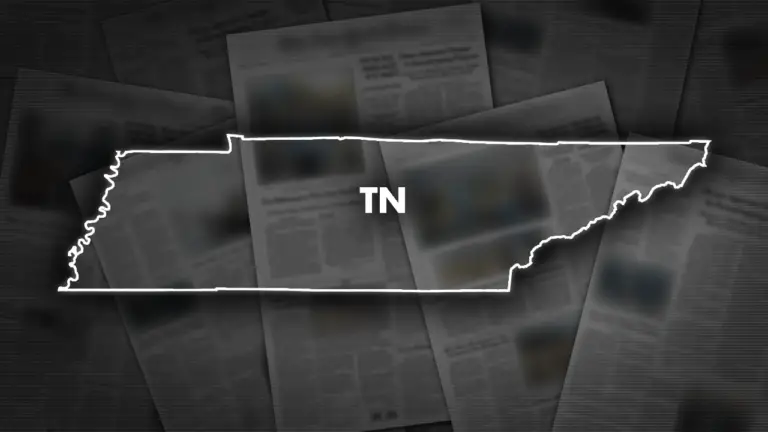Tennessee ACLU Challenges Drag Show Ordinance in Federal Lawsuit
The American Civil Liberties Union of Tennessee has taken legal action against a Tennessee city for passing an ordinance restricting drag shows on public property. This move is part of an ongoing debate over LGBTQ+ rights in the state.
The ACLU’s lawsuit is aimed at combating efforts by conservative leaders in Tennessee to limit events featuring drag performers, control discussions about gender and sexuality in classrooms, and ban gender-affirming care.
The lawsuit, filed on behalf of the Tennessee Equality Project, a nonprofit advocating for LGBTQ+ rights, comes in response to opposition from Murfreesboro officials. They claimed that drag performances during the 2022 Pride event resulted in the “illegal sexualization of kids.” However, the Tennessee Equality Project maintained that the shows were appropriate as the performers were fully clothed. Despite this, the city decided to deny any future event permits and updated its “community decency standards.”
The lawsuit argues that the ordinance violates the First Amendment by impeding free speech rights and violates the 14th Amendment by discriminating against the LGBTQ+ community.
In August, the ACLU filed a similar lawsuit in response to a warning from the Blount County district attorney to limit drag shows, which a federal judge later ruled against. In Memphis, another federal judge ruled the state’s anti-drag show law as “unconstitutionally vague and substantially overbroad.”
This law was enacted in March by Tennessee’s GOP-dominated Legislature and Republican Gov. Bill Lee, with supporters arguing it was necessary to restrict drag performances in public and around children.
Aside from the state-level restrictions, several cities and counties in the U.S. have implemented their own local limitations on drag shows, including West Virginia and Bellefontaine, Ohio.
A spokesperson for the city of Murfreesboro did not provide an immediate comment on the lawsuit.

